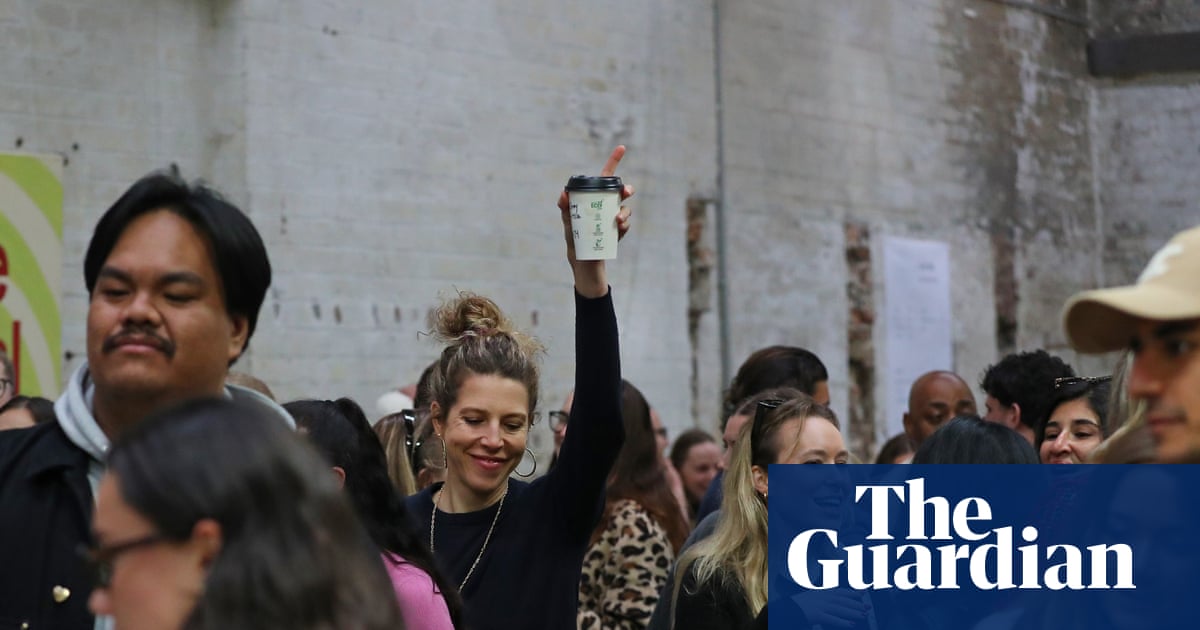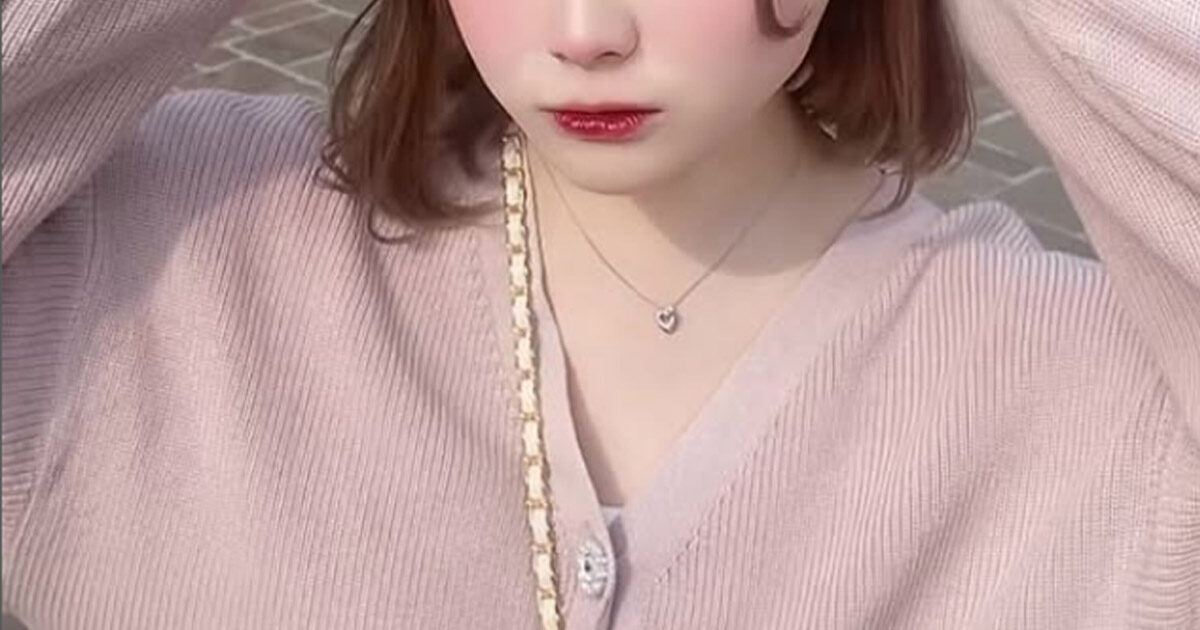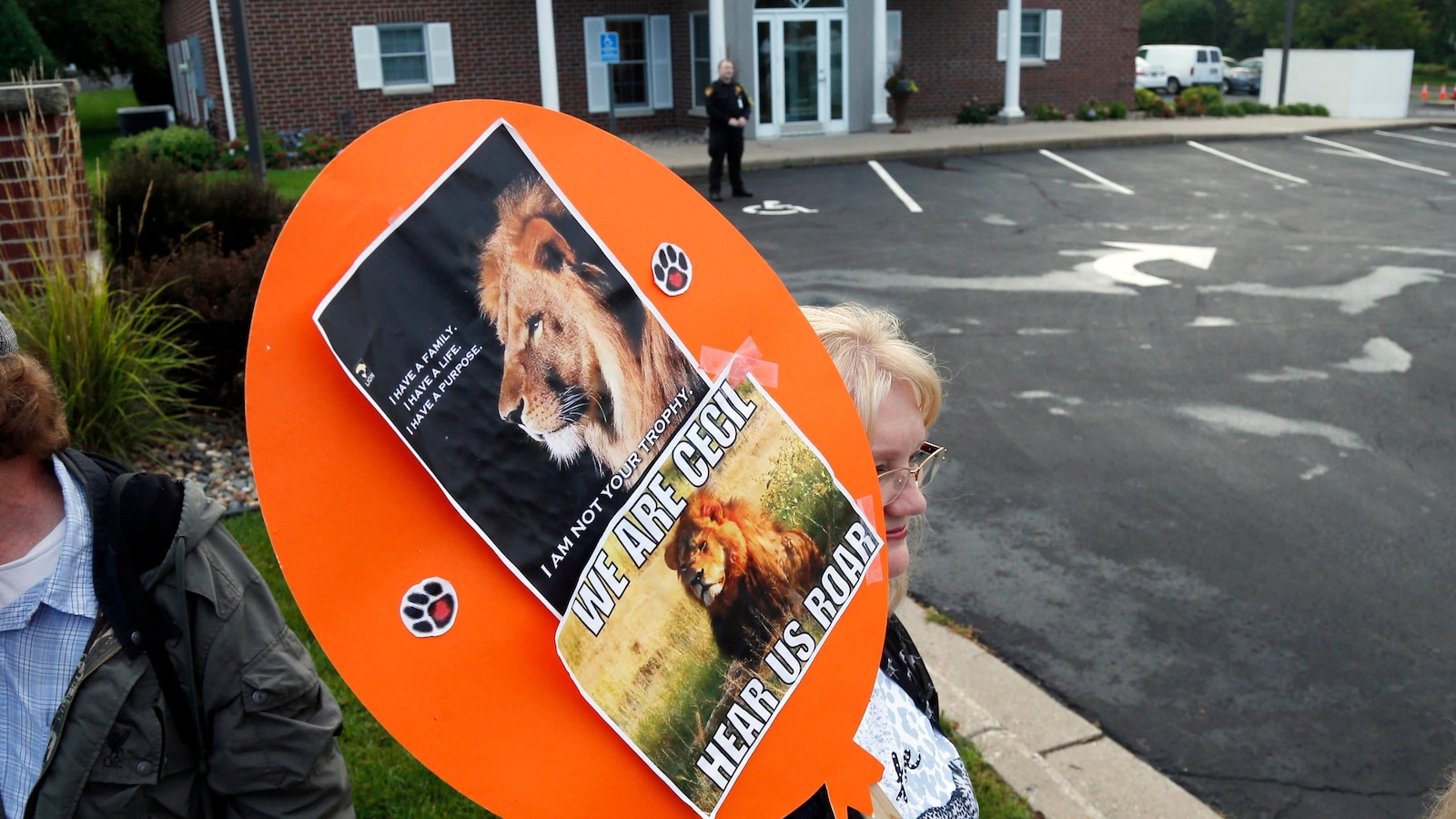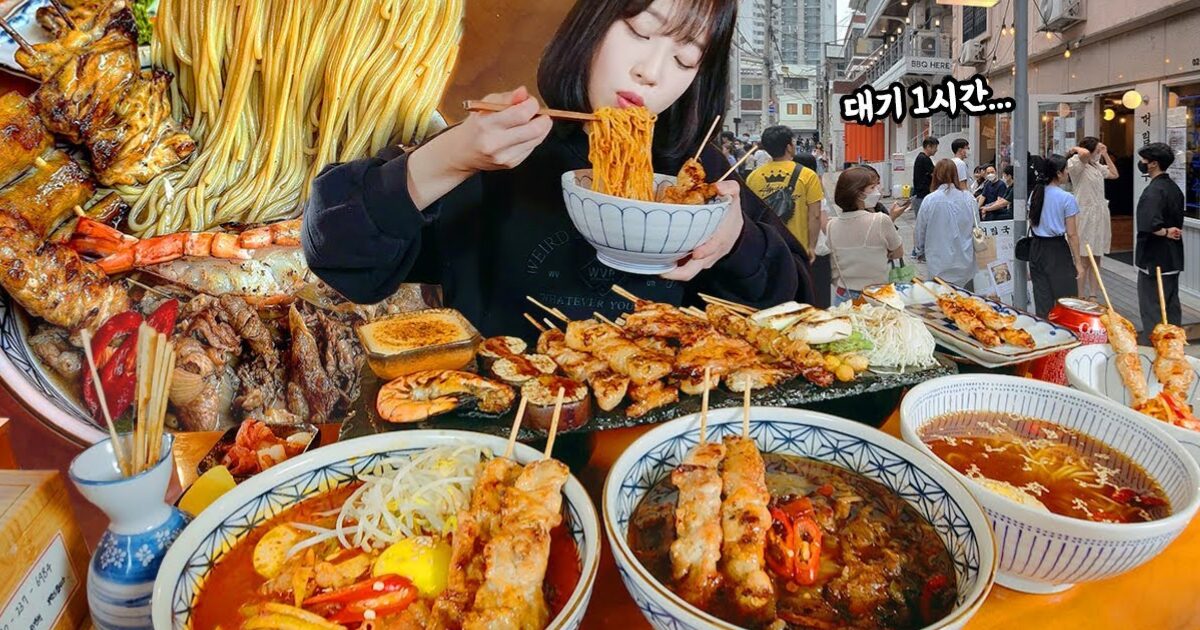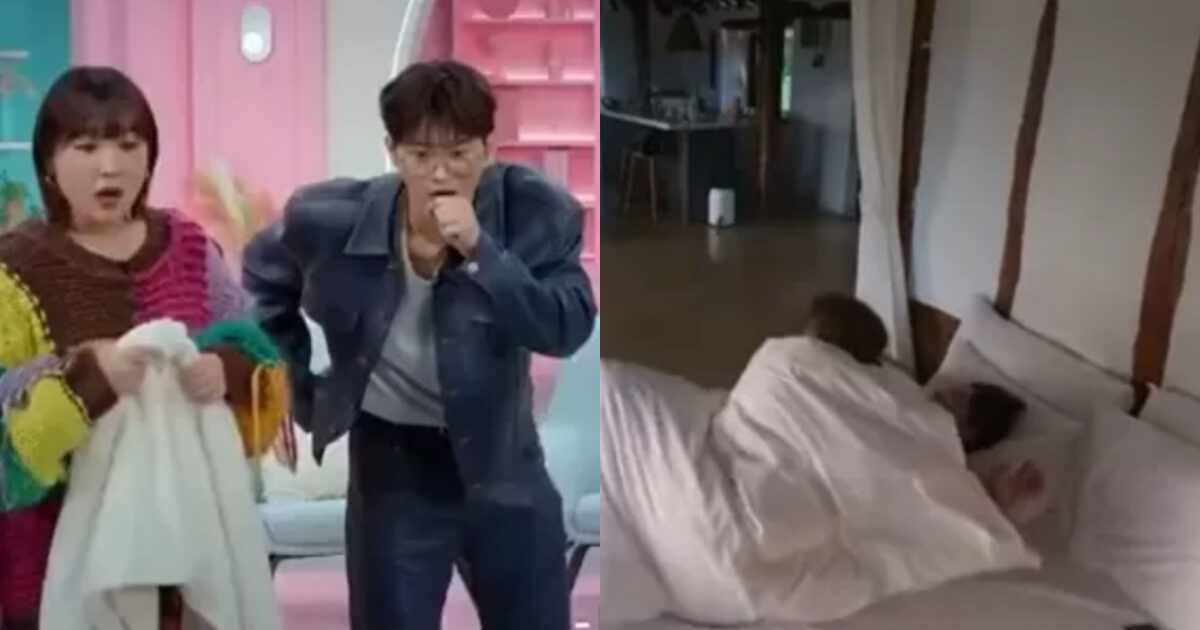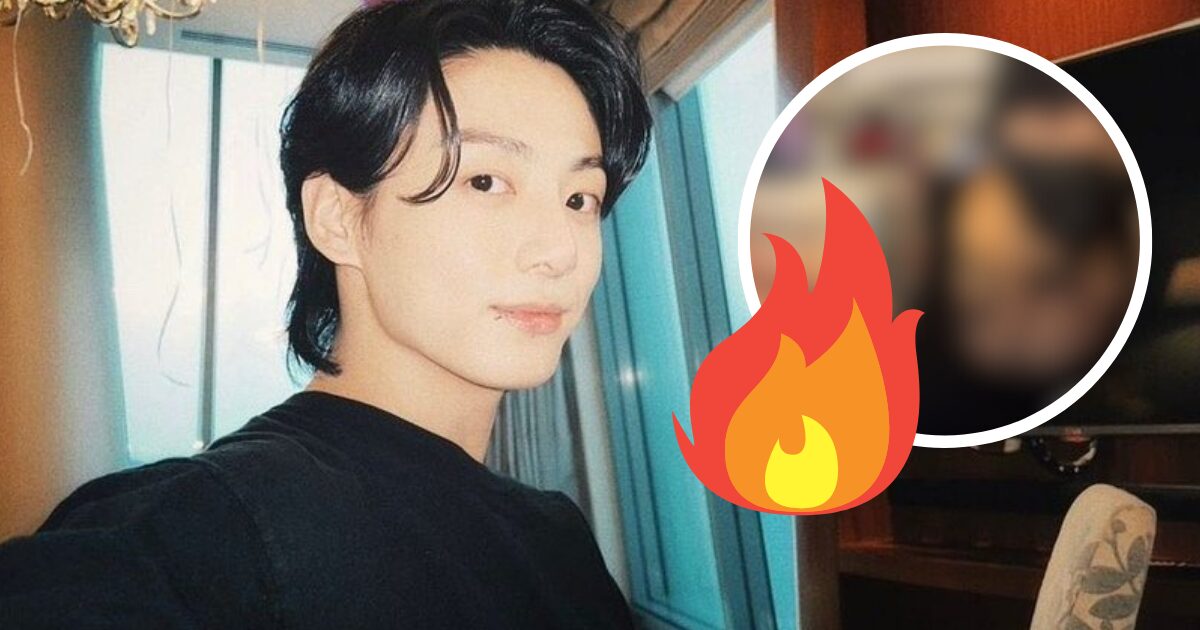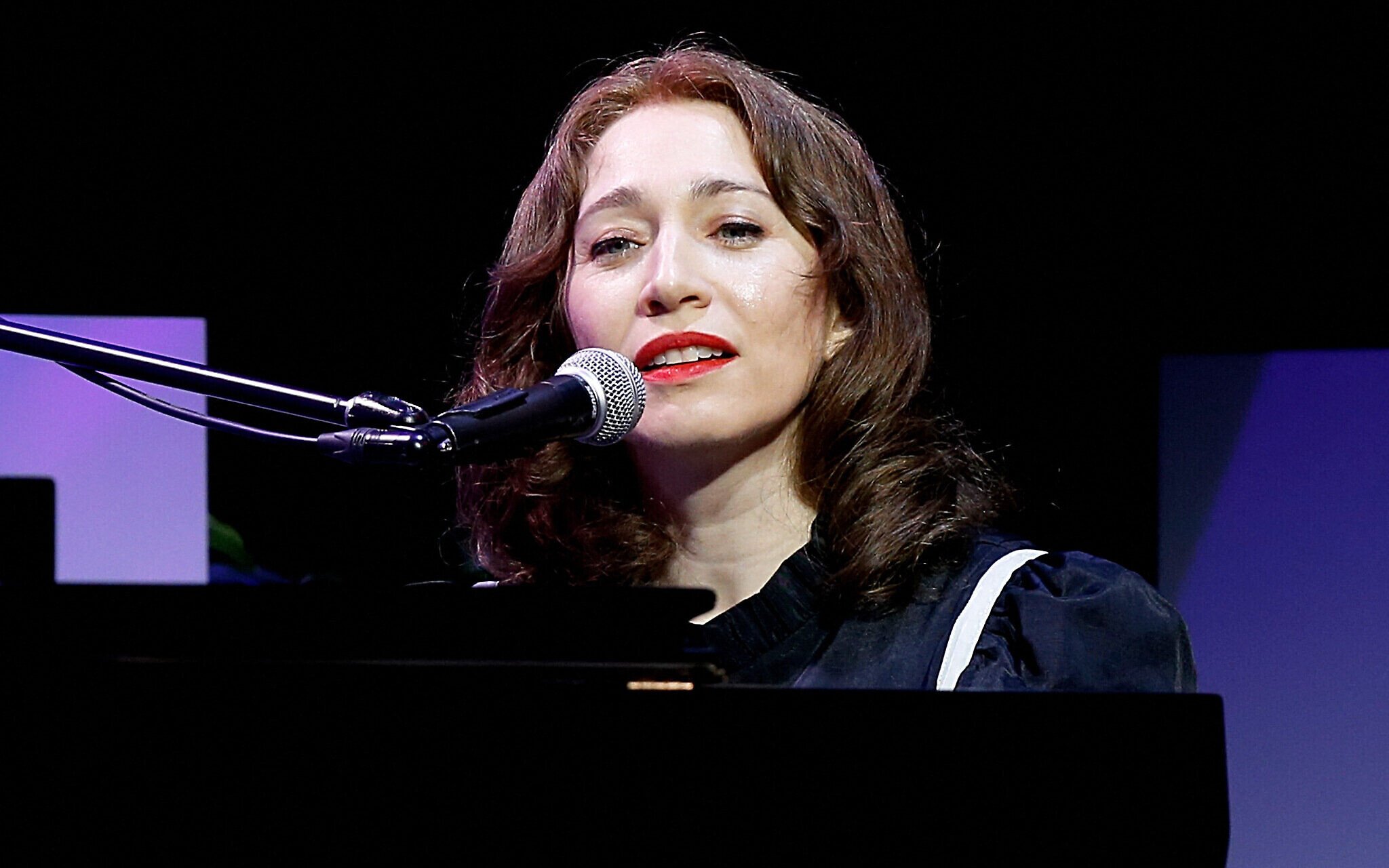Miley Cyrus Reflects on Growing Up Post-Hannah Montana and Hidden Drug Purchases

Miley Cyrus, the pop star best known for her role in Disney's hit series Hannah Montana, has opened up about her journey of self-discovery and the challenges she faced as she transitioned away from her iconic character. In a candid interview on The Ringer's podcast Every Single Album, Cyrus discussed how her identity became intertwined with the role that catapulted her to fame, and the ways she navigated her personal and professional life during and after her tenure with Disney.
Cyrus portrayed the dual life of a middle school girl who moonlighted as a famous pop star from 2006 to 2011. The character of Hannah Montana was not just a role for Cyrus; it was a significant part of her childhood that shaped her as a person. Reflecting on this tumultuous period, she stated, “I am Hannah in some way, like truly like the identity behind her. She was not really something that was made on paper.” This statement encapsulates the deep emotional connection she had with her character, one that was both a blessing and a hindrance.
When asked about the difficulty of separating herself from Hannah Montana after leaving Disney, Cyrus candidly admitted, “I guess I was. It was before I had a license and I started doing things that Hannah wouldn’t be doing because it’s like a Barbie, you know, she’s just like, she’s kind of sexless in that way.” This realization was pivotal in her life, as it marked the beginning of her exploration of her own identity separate from that of the character. Cyrus reminisced about wearing tutus and Doc Martens, a signature look of Hannah, and how it felt increasingly awkward to embody that style as she matured.
Cyrus metaphorically likened her experience to a lion being let out of its cage, saying, “...now the lion’s been let out of the cage and it’s like seen where it’s come from and you’re going to have a really hard time walking yourself back into the zoo.” This powerful imagery reflects the struggle she faced as she attempted to reclaim her individuality while grappling with the expectations placed on her by fans and the industry.
As she ventured deeper into her teenage years, Cyrus felt a sense of fraudulence, recognizing that young fans viewed her as the innocent Hannah while she was beginning to experience the complexities of adulthood. “I remember just kind of going like now I feel like I’m a little bit of a fraud because these like kids are looking at me as this kind of like sexless thing,” she said, alluding to the disconnect between her public persona and her private life.
Despite these struggles, Cyrus found ways to infuse her personality into her work. She attempted to put her own spin on the songs she recorded, acknowledging, “But I didn’t know to like ask for songwriting credit because I didn’t even know because I’m like, well, it’s going to say ‘Hannah Montana’ and I’m Hannah Montana, so that’s enough credit for me.” With hindsight, she expressed regret about not advocating for herself more, as many of those songs were reflective of her real-life experiences.
Cyrus also delved into her creative process during the production of her 2015 album Miley Cyrus & Her Dead Petz, revealing that drugs played a significant role in her artistic expression at that time. “The drugs were the biggest cost,” she admitted, adding a surprising twist to her narrative. To obscure her drug purchases from her accountant, she cleverly labeled them as “vintage clothes.” “To hide those from my accountant, we called them vintage clothes and so she would get these checks of thousands of dollars worth of vintage clothes,” she explained, recalling the bemusing conversations about high-priced items that were, in truth, not what they seemed.
Currently, Miley Cyrus is promoting her latest film, Something Beautiful, which premiered at the Tribeca Film Festival. However, the event was not without controversy as some fans who paid a staggering $800 for tickets were disappointed to discover that Cyrus would not be performing at the festival. This disappointment highlights the ongoing complexities of her relationship with her audience and the expectations they hold for her.










